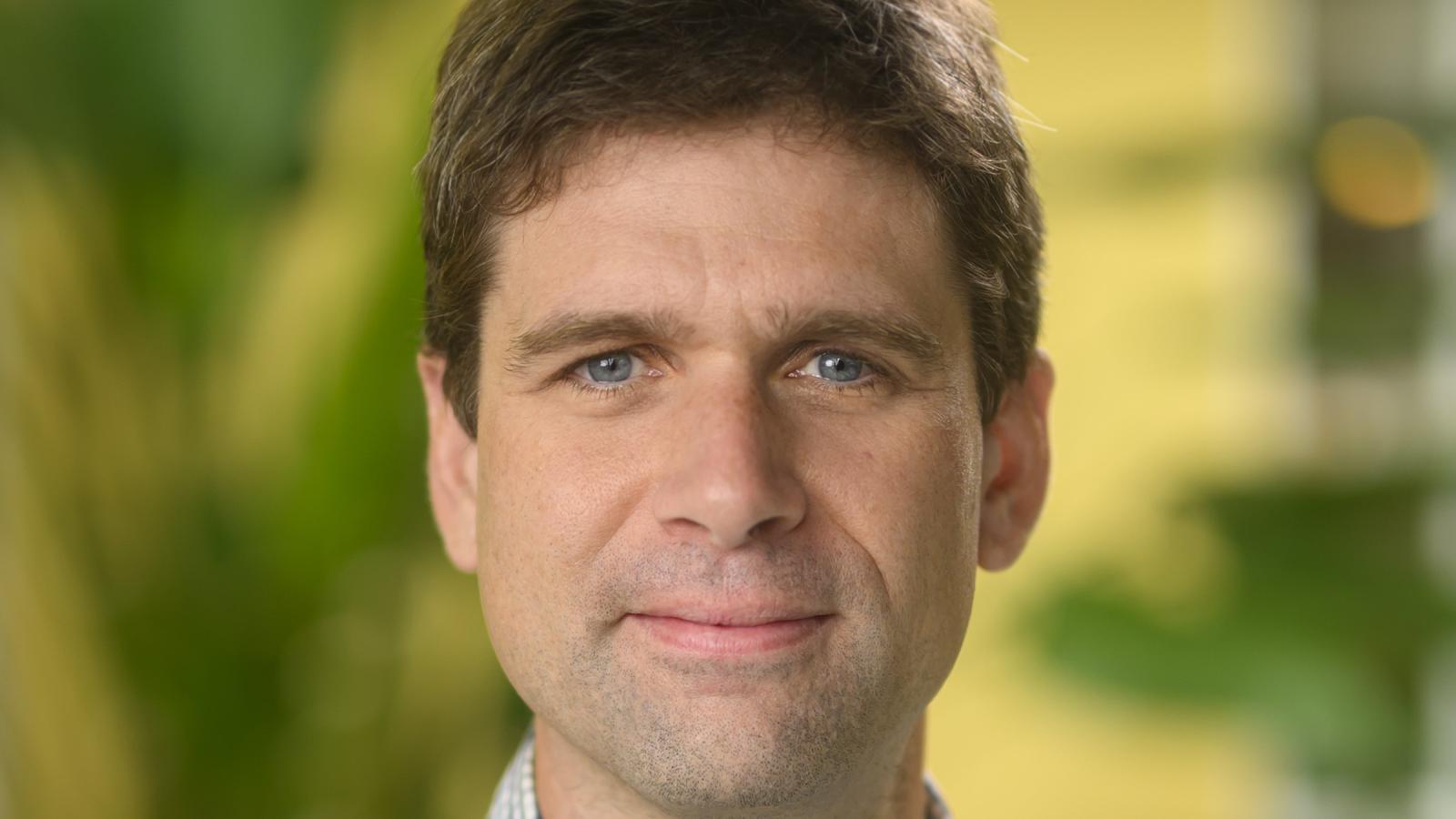Bringing a new perspective to the Cancer Grand Challenges Scientific Committee
Introducing Professor Benjamin Haibe-Kains
We are pleased to welcome Professor Benjamin Haibe-Kains to the Cancer Grand Challenges Scientific Committee. As a prominent researcher in computational biology and bioinformatics, Benjamin will bring a unique and critical perspective to the committee, as artificial intelligence becomes increasingly integrated in cancer research.
Here we talk to him about why we need the Cancer Grand Challenges approach, why he’s excited to be a part of the committee, and what he hopes from the next round of challenges.
Benjamin Haibe-Kains is known for his work on developing machine learning models for precision oncology and specialises in integrating large-scale genomic, pharmacogenomic, and clinical data to develop predictive models for personalised cancer treatment. He is also a leading advocate for open science, emphasising the importance of data accessibility and reproducibility in computational research.
Benjamin is a scientist at the Princess Margaret Cancer Centre (PM) in Toronto and holds academic appointments at the University of Toronto. He holds the Canada Research Chair in Computational Pharmacogenomics and is a new scholar of the Royal Society of Canada. He is the Scientific Director of the PM Cancer Digital Intelligence Program for the responsible deployment of artificial intelligence models in the clinic.
Why do we need the Cancer Grand Challenges approach?
Bold approaches are essential when tackling complex scientific challenges, but they come with risks. Can you take on this challenge alone, or is an interdisciplinary team needed? Will you secure funding for a high-risk, high-reward project? Embracing risk, thinking outside the box, and pursuing unconventional paths are often what drive breakthroughs in science. It is not the only way, but an important one. Cancer Grand Challenges provides a framework designed to support and encourage such daring, transformative research.
What motivates you to be a part of the Cancer Grand Challenges committee? What are you most excited about?
I believe Cancer Grand Challenges provides a groundbreaking framework for bold, interdisciplinary, large-scale science, with open and transparent collaboration at its core. The opportunity to help teams unlock the full potential of their projects through cutting-edge technologies, particularly in computational science, is incredibly exciting and holds the promise of transformative discoveries.
What do you hope to see in the next round of Cancer Grand Challenges?
I believe there needs to be a stronger emphasis on knowledge dissemination within teams and across the broader scientific community. When addressing critical challenges, teams must explore innovative ways to collaborate—efficiently and responsibly exchanging ideas, data, technologies, methods, and results. Our current approaches sometimes fall short of the urgency required to improve cancer management, and patients deserve a higher standard of collaboration among researchers to accelerate progress.
-------------------------
Learn more about the Cancer Grand Challenges Scientific Committee.

